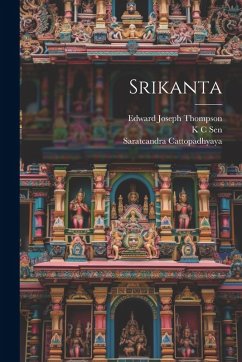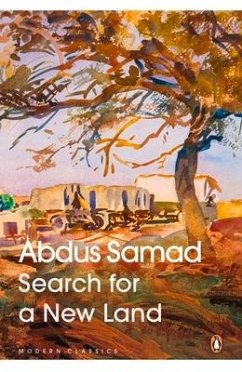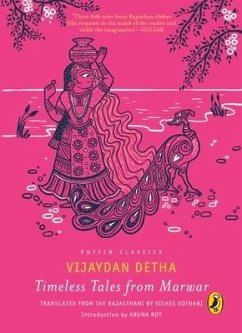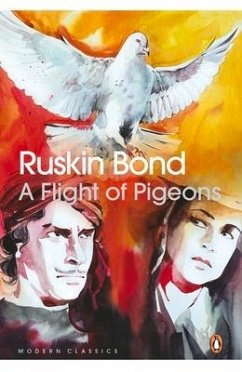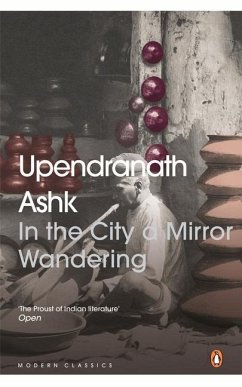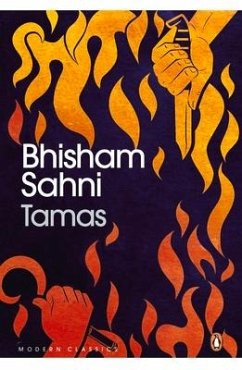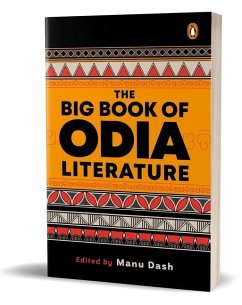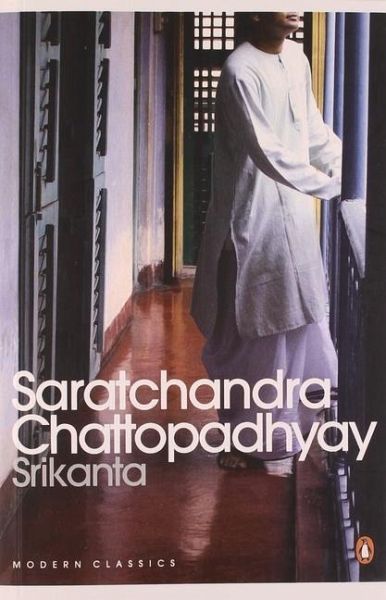
Srikanta
Versandkostenfrei!
Versandfertig in über 4 Wochen
17,99 €
inkl. MwSt.

PAYBACK Punkte
9 °P sammeln!
Srikanta, the narrator of Saratchandra's epic novel, is an aimless drifter, a passive spectator to his own life, a weak and impressionable soul who cannot survive without the support of an individual stronger than himself. As a child he idealizes the chaste and selfless Annada Didi. Arriving in Burma as a young man looking for new experiences, Srikanta meets the rebellious Abhaya who rejects her violent, bigamous husband to live openly with her lover. Srikanta then experiments with becoming a sanyasi, is bewitched for a while by the Vaishnavi, Kamal Lata, and wanders on till his directionless ...
Srikanta, the narrator of Saratchandra's epic novel, is an aimless drifter, a passive spectator to his own life, a weak and impressionable soul who cannot survive without the support of an individual stronger than himself. As a child he idealizes the chaste and selfless Annada Didi. Arriving in Burma as a young man looking for new experiences, Srikanta meets the rebellious Abhaya who rejects her violent, bigamous husband to live openly with her lover. Srikanta then experiments with becoming a sanyasi, is bewitched for a while by the Vaishnavi, Kamal Lata, and wanders on till his directionless existence finally finds a focus- when he resigns himself to life with the notorious but stunning Pyari Baiji, breaking free of the social values he grew up with. Through his dynamic and arresting characters, Saratchandra brings alive nineteenth-century Bengal, rife with prejudices and ready for change.



